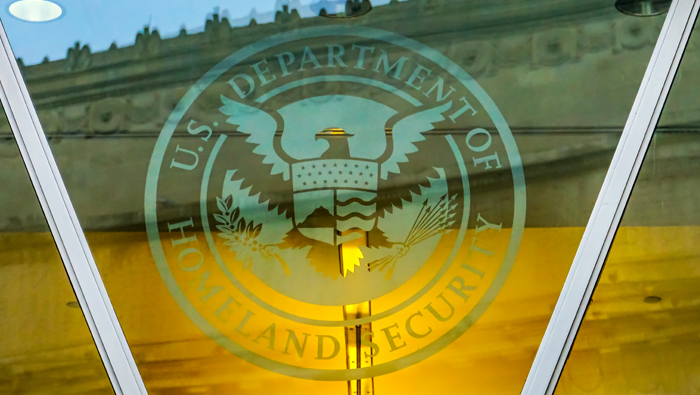This month, the U.S. Department of Homeland Security (DHS) announced improvements that would protect undocumented migrant worker rights by streamlining and expediting the deferred action request process. Improvements to the process will allow migrant workers who are victims of, or witnesses to, labor rights violations to report those violations without fear of immigration-related retaliation. Thus, employers that knowingly or unknowingly hire unauthorized migrant workers should beware of possible increased claims of employment law violations. In any case, employers are obligated to verify the legal status of new hires using Employment Eligibility Verification Form I-9. In the past year, the DHS has sought to improve other processes, as well, to the benefit of both employees and employers. In October 2022, the DHS proposed changes to Form I-9 and the verification process.
What Is Deferred Action?
Deferred action halts the deportation of an undocumented immigrant for an initial period of two years. Notably, even those subject to removal proceedings or a final order of removal may file a request for deferred action. The DHS has discretionary authority to grant deferred action requests to qualifying individuals in specific instances. In brief, the U.S. considers an undocumented immigrant granted deferred action lawfully present in the country for specific purposes within a limited time period.
What are Migrant Worker Rights?
With some exceptions, migrant worker rights include protection under most federal employment laws. These rights include wage and hour protections like entitlement to:
- minimum wage,
- overtime pay,
- breaks, and
- tips.
Additionally, federal equal employment opportunity (EEO) laws protect undocumented migrant workers from discrimination and harassment on the basis of:
- national origin and language (unless justified by a business necessity as a bona fide occupational qualification (BFOQ),
- race, and
- appearance.
Migrant worker rights also include the right to a workplace free from recognized safety hazards. While federal laws protect such migrant worker rights, undocumented workers often fail to report labor and employment law violations. Workers may also refuse to cooperate in investigations out of fear of immigration-related retaliation like deportation.
How Does the Deferred Action Process Protect Migrant Worker Rights?
The DHS offers discretionary protection on a case-by-case basis to undocumented migrant workers who request deferred action. Deferred action allows federal agencies to fully investigate violations of migrant worker rights in employment law. In addition, deferred action protects migrant workers from retaliatory deportation when they file a charge. By streamlining this process, the DHS seeks to protect migrant worker rights and workplace conditions for all employees. In addition to providing new guidance to federal agencies regarding the deferred action process, the DHS is providing a centralized single intake point to collect deferred action requests. Undocumented workers will be able to submit such requests to the U.S. Citizenship and Immigration Services (USCIS) through this central intake point.
Meanwhile, the USCIS will forward requests from undocumented workers who are under removal proceedings, or have final orders for removal, to the U.S. Immigration and Customs Enforcement (ICE) to make a case-by-case determination. More efficient processing will reduce the risk of retaliation by employers under investigation. Deferred action requests must also include a Statement of Interest letter from a federal, state, or local labor agency on behalf of individuals reporting violations of migrant worker rights. Finally, undocumented workers may be eligible for deferred action beyond the initial two years if labor law agency investigations or enforcement in the matter is ongoing.

